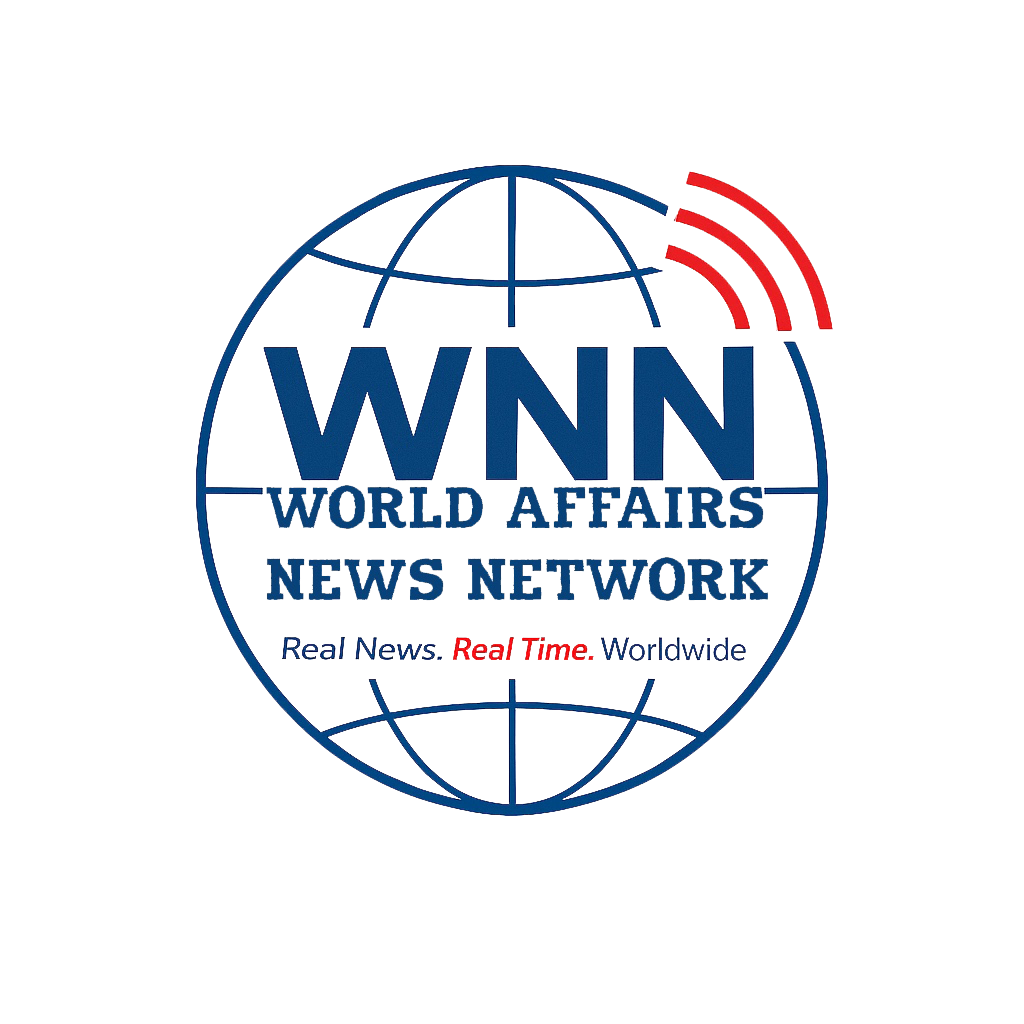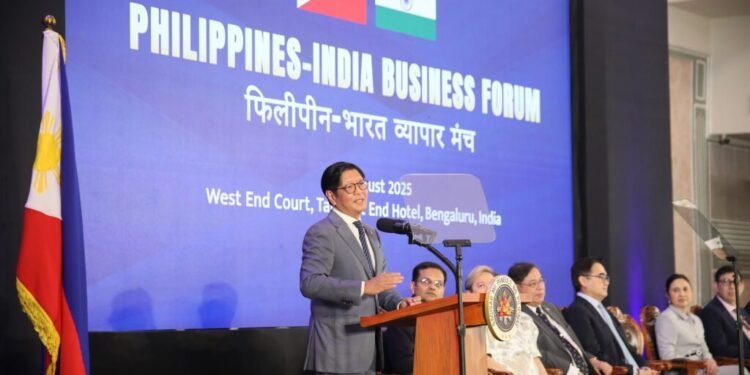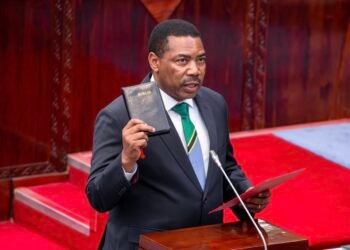BENGALURU, INDIA: Marking a significant leap in Indo-Philippine economic diplomacy, Philippine President Ferdinand R. Marcos Jr. unveiled a bold, future-focused vision for strategic collaboration with India during the Philippines–India Business Forum 2025, hosted in Bengaluru. Addressing a gathering of over 150 top government officials, corporate leaders, and investors, Marcos Jr. emphasized that India and the Philippines are “natural partners” poised to co-create resilient, inclusive, and innovation-led industries for the future.
“India and the Philippines are not just friendly democracies—we are aligned in our aspirations, strengths, and responsibilities to shape a sustainable and inclusive Indo-Pacific. Let us partner in semiconductors, clean energy, and digital solutions—not just to trade, but to transform,” the President declared, echoing his earlier call from Manila in 2023 where he urged India to be part of the Philippines’ “industrial transformation”.
The forum, co-organized by the Philippines’ Department of Trade and Industry (DTI) and FICCI, spotlighted six high-potential sectors identified for long-term cooperation: electric vehicles, advanced electronics, renewable energy, high-tech agriculture, healthcare, and cybersecurity. President Marcos noted that the Philippines is actively implementing major structural reforms—including the CREATE MORE Act, Green Lanes for strategic investments, and workforce-aligned education to become a reliable partner for capital, innovation, and skilled talent.
“We are building a future-ready Philippines, competitive, creative, and committed to shared growth. I invite Indian businesses to see us not just as a market, but as co-architects of the industries of tomorrow,” Marcos stated.
DTI Secretary Cristina Roque described the forum as a milestone in a growing strategic partnership. “Bilateral trade has reached historic levels, and interest from Indian companies is accelerating. We offer a young, dynamic workforce and a stable investment climate. Now is the time to turn shared goals into scalable opportunities,” she said.
Echoing the sentiment, FICCI Vice President Vijay Sankar called the visit a “watershed moment” in bilateral relations. “Our complementary growth models, India’s scale and tech depth and the Philippines’ agility and openness—make this a partnership with unmatched potential,” he said, announcing plans for a Joint Working Group on Trade and Investment.
Industry leaders from Infosys BPM, TCS Philippines, and iSON Tower Ltd. laid out ambitious investment plans, signaling robust private-sector engagement. FICCI Philippines President Mahesh Mirpuri praised the Philippines’ digital transformation under President Marcos, calling the country “a gateway to ASEAN, powered by talent, trust, and tech-readiness.”
Ruben Pascual, Secretary General of the Philippine Chamber of Commerce and Industry, emphasized that sectors such as EVs, agribusiness, semiconductors, and pharma are ready for immediate collaboration, provided high-level engagement and structured roadmaps are sustained.
FICCI Karnataka Chair Siddhartha Agarwal added that India’s leadership in green tech, AI, and industrial automation could find natural synergies in the Philippine innovation ecosystem.
The forum concluded with the announcement of strategic business agreements across technology, healthcare, and infrastructure, solidifying the commitment to forge a resilient economic corridor between the two democracies.
As Marcos Jr. continues to frame the Philippines as a key Indo-Pacific node for economic transformation, his India outreach signals a broader strategy: build high-value partnerships that are not just transactional, but transformative.
⁃With Input from Agency, WNN Desk.
WATCH, LIKE & SUBSCRIBE CHANNEL





















